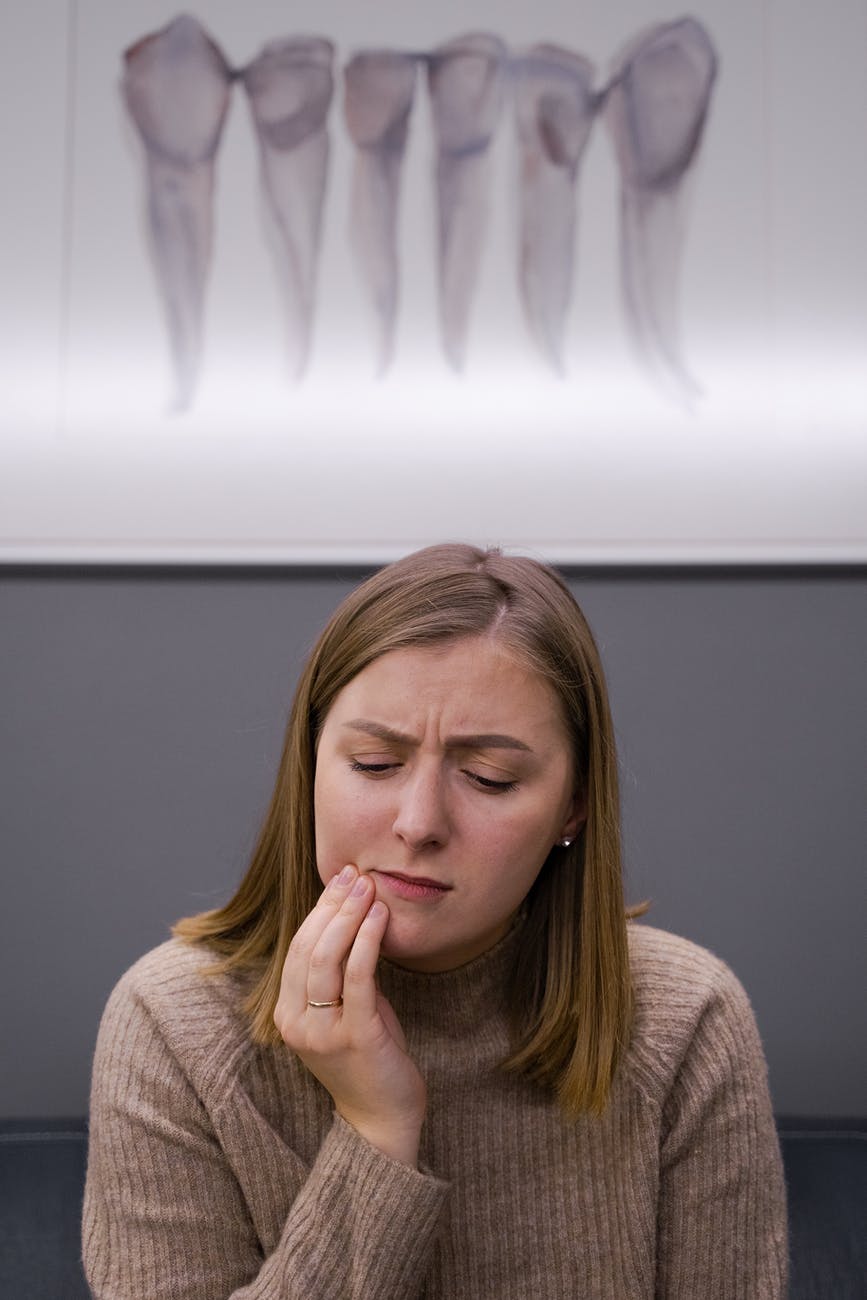Tooth sensitivity happens to many adults and isn’t necessarily a sign of an issue within your mouth. Of course, it can be an indication that you have an oral hygiene issue and you should book a consultation with your local dentist Five Dock to have everything checked.
Understanding Tooth Sensitivity
Your teeth have a soft inner part which is where the nerves sit. This is covered in a compound called dentin and an outer hard layer of enamel. In most cases, the nerves are stimulated by what you eat and drink. However, if you have something particularly hot or cold it is possible that the sensation will pass through your tooth and you’ll feel it in your nerves.
In short, you’ll feel a stab of pain which will quickly fade as the temperature of the tooth returns to normal.
Alongside hot and cold drinks, sensitivity can be triggered by sweet foods, acidic foods, alcohol-based mouthwashes, and even brushing your teeth.
It is possible that the sensitivity can be caused by the enamel on your teeth wearing away. Your dentist will advise regarding this, you may even need veneers.
The good news is you can overcome tooth sensitivity
Change Your Toothpaste
The first thing you need to do is to change your toothpaste. This simple gesture can eliminate the issue. There are an array of kinds of toothpaste on the market which are designed for sensitive teeth. They don’t have irritants in their ingredients and often have fluoride to help strengthen your enamel.
Avoid Alcoholic Mouthwash
You’ll find roughly half the mouthwashes in your local store are alcohol-based. This is because alcohol is so good at killing bacteria. However, it is also a powerful compound and is likely to make your teeth feel sensitive. To prevent this issue you simply need to switch to a non-alcohol-based mouthwash and use it daily.
Consider Your Toothbrush
It’s also worth looking at your toothbrush. Enamel can be damaged because you brush your teeth too hard. The same thing can have an effect on your gums and even cause them to bleed. The best way to brush your teeth is to only use a forefinger and thumb to hold your toothbrush.
Alongside this, you should switch to a softer toothbrush. This will reduce the likelihood of damage and therefore limit the possibility of sensitive teeth.
When you switch techniques it will usually take a week or two for the effects to be obvious. The wait is worth it.
Of course, you still need to continue your daily oral hygiene routine, that’s brushing twice a day for at least two minutes at a time, flossing once, and using mouthwash as needed.
If the above doesn’t change the sensitivity of your teeth then you should get an urgent appointment with your dentist. It will be important to check your teeth and see if there are any other issues that need to be dealt with.
That doesn’t mean surgery, many people grind their teeth, and this damages the enamel. Simply wearing a mouthguard at night can help.

